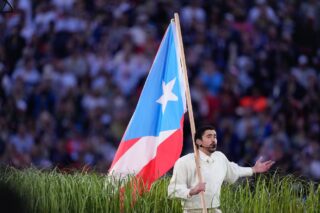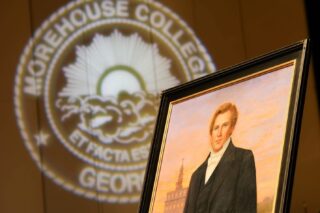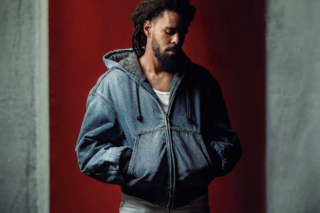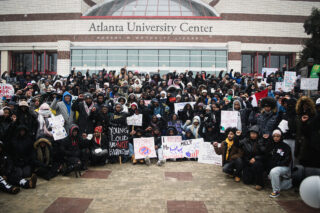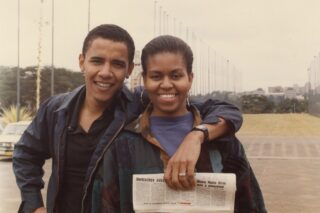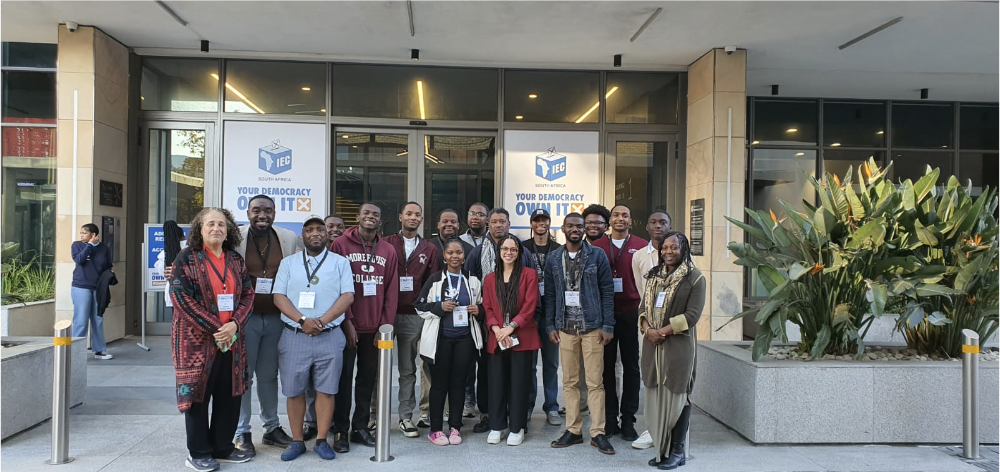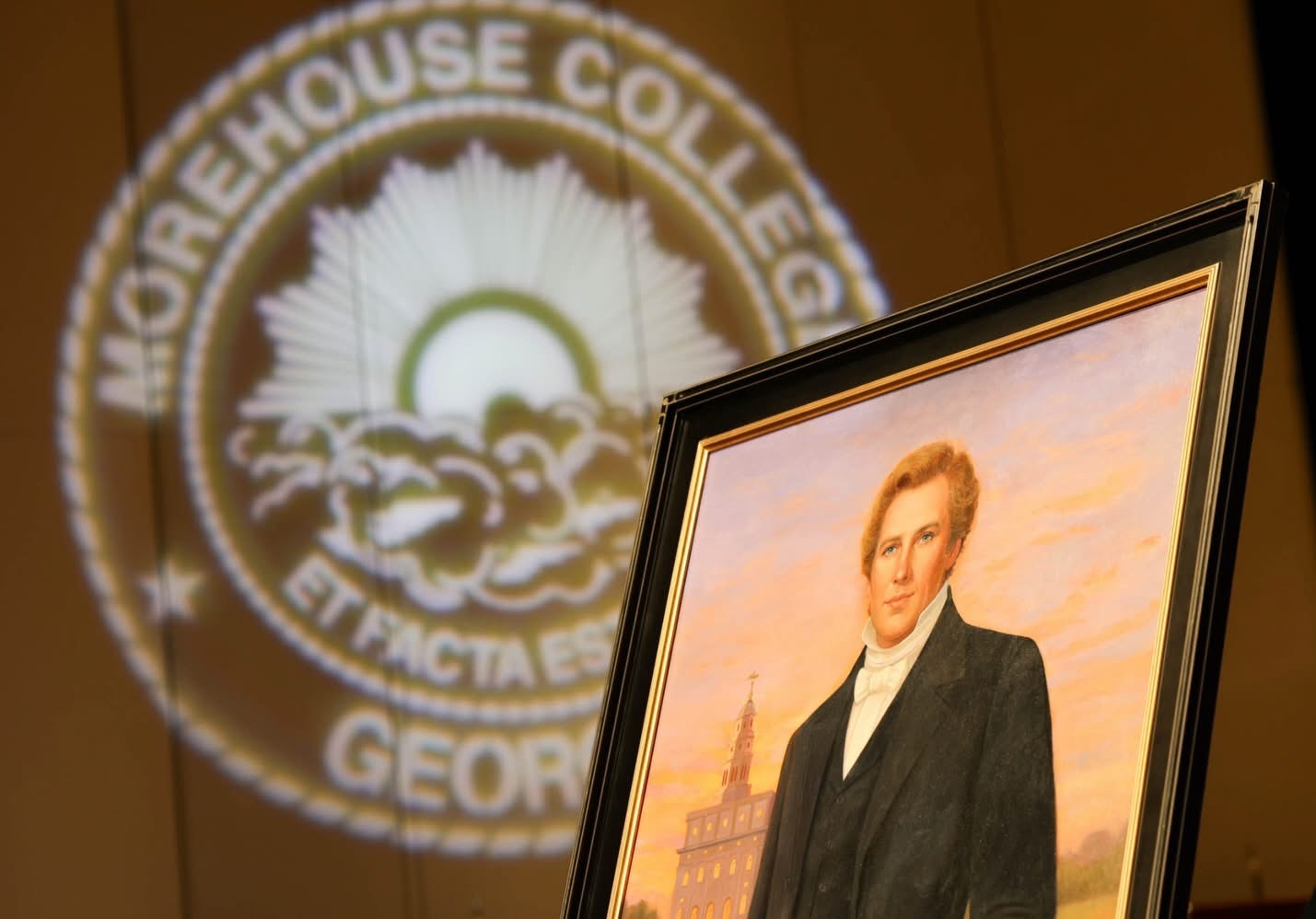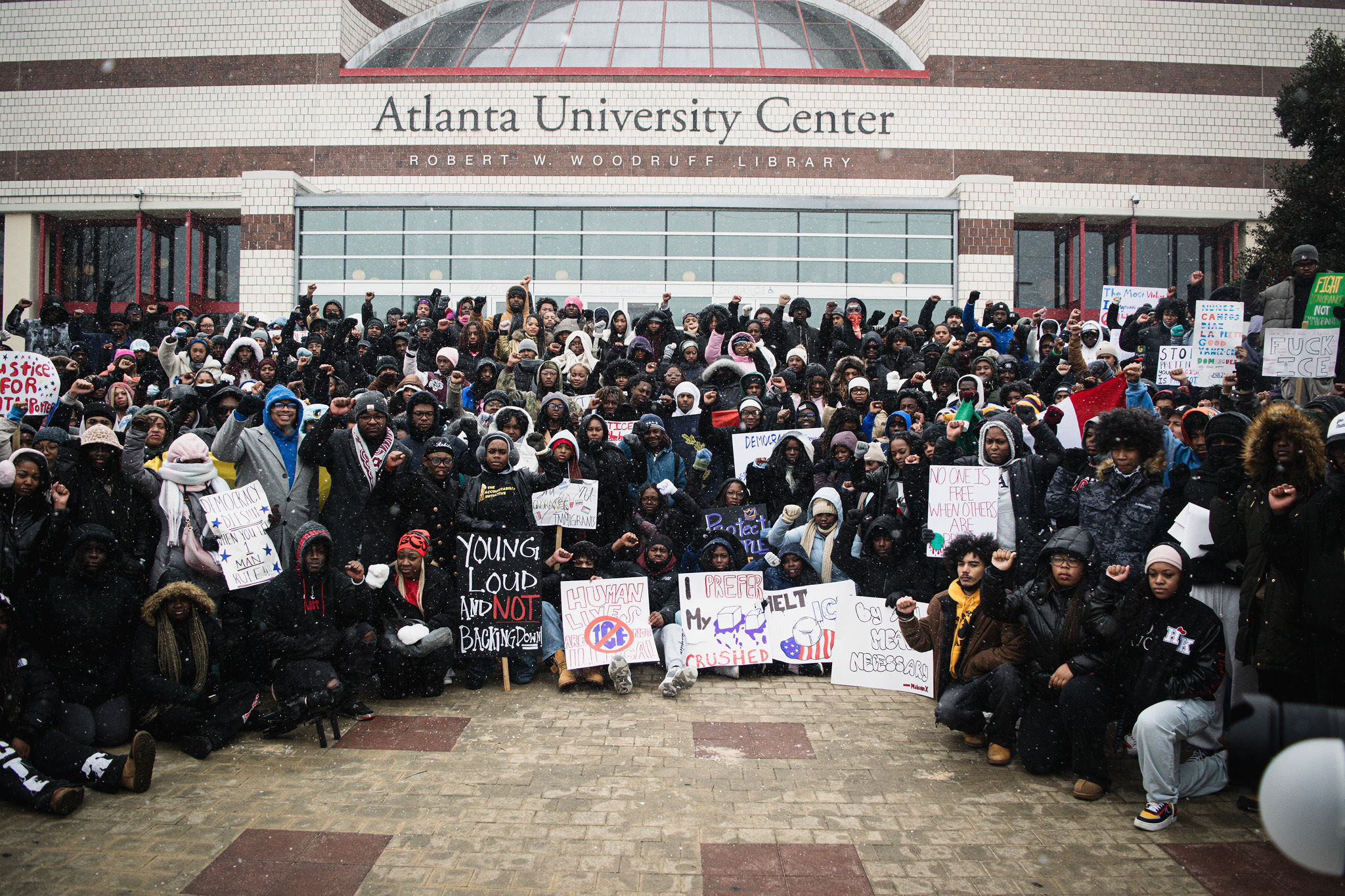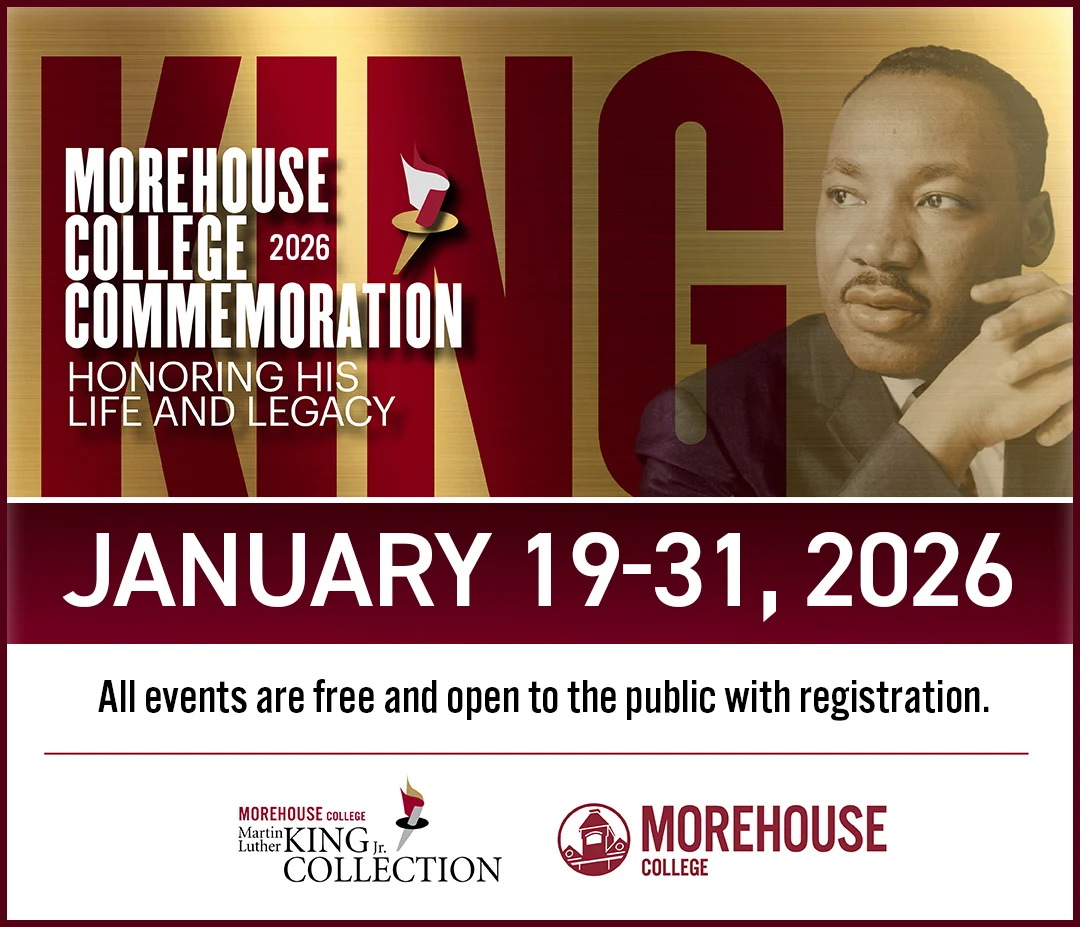Image by: Lezandre Louw
By Truth Jackson, Contributing Journalist
Twelve students from Morehouse College played a significant role in South Africa’s electoral process last week, serving as observers in their recent national and provincial elections. The invitation came during a period of widespread concern of government corruption within the country.
Students from the Andrew Young Center for Global Leadership, sponsored by the Oprah Winfrey Scholarship Program and the Social Justice Initiative at Morehouse, embarked on a 10-day-long study abroad program to immerse themselves in South Africa’s rich history and culture and to engage in its electoral process.
In a rare opportunity, the Provincial Electoral Officer for the Western Cape Province invited Morehouse students to serve as observers for the Electoral Commission of South Africa, locally referred to as the Independent Election Commission (IEC). Noluvo Plaatjie, Communication and Stakeholders Liaison with IEC, explained the importance of having observers during the election.
“Observers, both domestic and international, are critical in our electoral and constitutional democracy,” Plaatjie said. “Observers’ presence strengthens our transparency value and ensures that elections are conducted in free and fair conditions, with credibility and integrity.”
Clayton Lillienfeldt, who coordinated the group itinerary, explained the significance of Morehouse’s participation in the elections.
“It was a profound honor to have the Andrew Young Center for Global Leadership at Morehouse College participate as accredited observers of the IEC in Cape Town,” Lillienfeldt said. “The presence of Morehouse students as election observers underscored the sophistication of the legal processes involved in executing a fair and free election, ensuring that every Black person of voting age could exercise their right to vote.”
Students studied the nation’s struggle for freedom and equality in the young and fragile democracy. South Africa has only seen 30 years of democracy since the collapse of the Apartheid government that restricted the indigenous African people from participating in democratic processes.
“In 1994, two generations of my family had the opportunity to participate in the first democratic election in South Africa,” Lillienfeldt said. “As Black South Africans, we now celebrate 30 years of democracy and cherish the opportunity to exercise our constitutional rights by voting in a new political dispensation.”
The day before the elections, Plaatjie gave the students a comprehensive briefing of IEC, familiarizing them with South Africa’s electoral procedures. On Election Day, faculty, staff, and students from Morehouse dispersed across polling stations in Cape Town, witnessing firsthand the democratic process unfold.
Students witnessed the enthusiasm of Cape Town residents as they waited patiently to cast their ballots for both national and provincial candidates. Observers noted inefficiencies of the South African electoral process, drawing comparisons to elections in the US.
“I didn’t expect the ballots to be done by hand, on paper,” Kyle Lowe said, a senior at Morehouse. “I expected the process to be done digitally like in the US. I believe it made the process longer and less efficient.”
Morehouse observers noted the steps taken to prioritize voters include the elderly, pregnant women, voters with young children, and people with disabilities. They noted the contrast with ongoing controversies surrounding voting rights and accessibility in the US.
Emotions ran high as the stakes of the election became apparent. Amid allegations of widespread corruption, many South Africans expressed skepticism towards the ruling African National Congress (ANC). Cape Town resident Onke Guza expressed a prevailing sentiment of disillusionment, choosing not to vote as a protest against systemic corruption.
“The reason I didn’t vote is because I see whoever takes the seat is going to keep promising us change,” Guza said. “On the other hand, they will keep feeding themselves and their families. Whichever party that comes into power will carry on the same cycle.”
For many South African citizens, the election held international significance, particularly regarding the country’s stance on the Israeli-Palestinian conflict. South Africa lodged a case with the World Court, alleging that Israel violated the genocide convention during its military assault.
Morehouse observers encountered mixed receptions during their visits to different communities, reflecting the complexities of global politics. In the Seapoint voting station, a predominantly Jewish community, the observers were received with no issue. However, at Schotsche Kloof Primary School voting station, a predominantly Muslim community, some voters, upon realizing that the observers were American, yelled out their frustrations.
“At the Schotsche Kloof voting station,” Christopher Lambry said, a sophomore at Morehouse, “we were told to ‘go back to America.’ They shouted that as Americans, we ‘are complicit in genocide.’
“This initially left me feeling hurt and unjustly accused. However, upon reflection, I began to understand their frustrations with the U.S. government and realized I could do more to advocate for and support those under attack in Palestine.”
This experience underscored American travelers’ inevitable representation of their nation and its policies when abroad solely on the basis of their citizenship and highlighted the importance of being prepared for varied reception from international citizens.
Despite facing hostile receptions in some communities, the observers remained committed to their role as impartial observers. They concluded their mission with a deeper understanding of international election processes and a renewed appreciation for the responsibilities of citizenship.
The IEC results reveal that voter turnout was notably low, with only 58.64% voter turnout. The leading parties’ results revealed that the African National Congress (ANC) secured 40.18% of the vote nationally, earning 73 seats in parliament. The Democratic Alliance (DA) followed with 21.81%, securing 42 seats, while the uMkhonto weSizwe (MK) garnered 14.58%, earning 31 seats.
In the Western Cape Province, the DA emerged as the front-runner with 53.05% of the votes, followed by the ANC at 21.34%, and the Patriotic Alliance came in third place with 7.33% of provincial votes.
The elections’ outcome marked a historic moment, with the ruling ANC failing to secure a majority of votes. Low voter turnout sent a message to the ANC government that the public is dissatisfied and that it is time for the government to make significant changes.
“The system itself was created by the Western government,” Guza said. “When they gave us power, they never gave us everything. They still own the buildings, farms, wineries, gold mines, etc., and yet they want us to govern ourselves with the laws that they created.”
Cecil Price III, a senior at Morehouse, expressed his appreciation for the opportunity to witness the South African elections following the 30th anniversary of democracy, offering comparisons to challenges faced by both the US and SA.
“Drawing from my involvement in American politics, I was struck by the similarities between our two nations’ democratic processes,” Price III said. “Despite the significant progress made by both countries, it is evident that there remains important work to be done.”
Plaatjie believes that Morehouse students can learn a lot from South Africa’s constitutional democracy and emphasized the significance of Ubuntu, a South African term meaning humanity or interconnectedness. It promotes the belief that “I am because we are.”
“The values of Ubuntu are enshrined in our nation,” Plaatjie said. “Elections bring about a moment to the nation to celebrate and yet reflect on the gains of our democracy and the future we all need for our next generations.”
Serving as observers provided the students with insights into the intricacies of democracy and the importance of civic engagement. Returning to the US, Lambry carries lessons learned from South Africa’s elections, reaffirming the significance of the upcoming elections in November.
“Witnessing the resilience and determination of South African voters despite numerous challenges has inspired me to value and exercise my voting rights more conscientiously,” Lambry said.
Copy Edited by: Colin Royal, Editor in Chief





